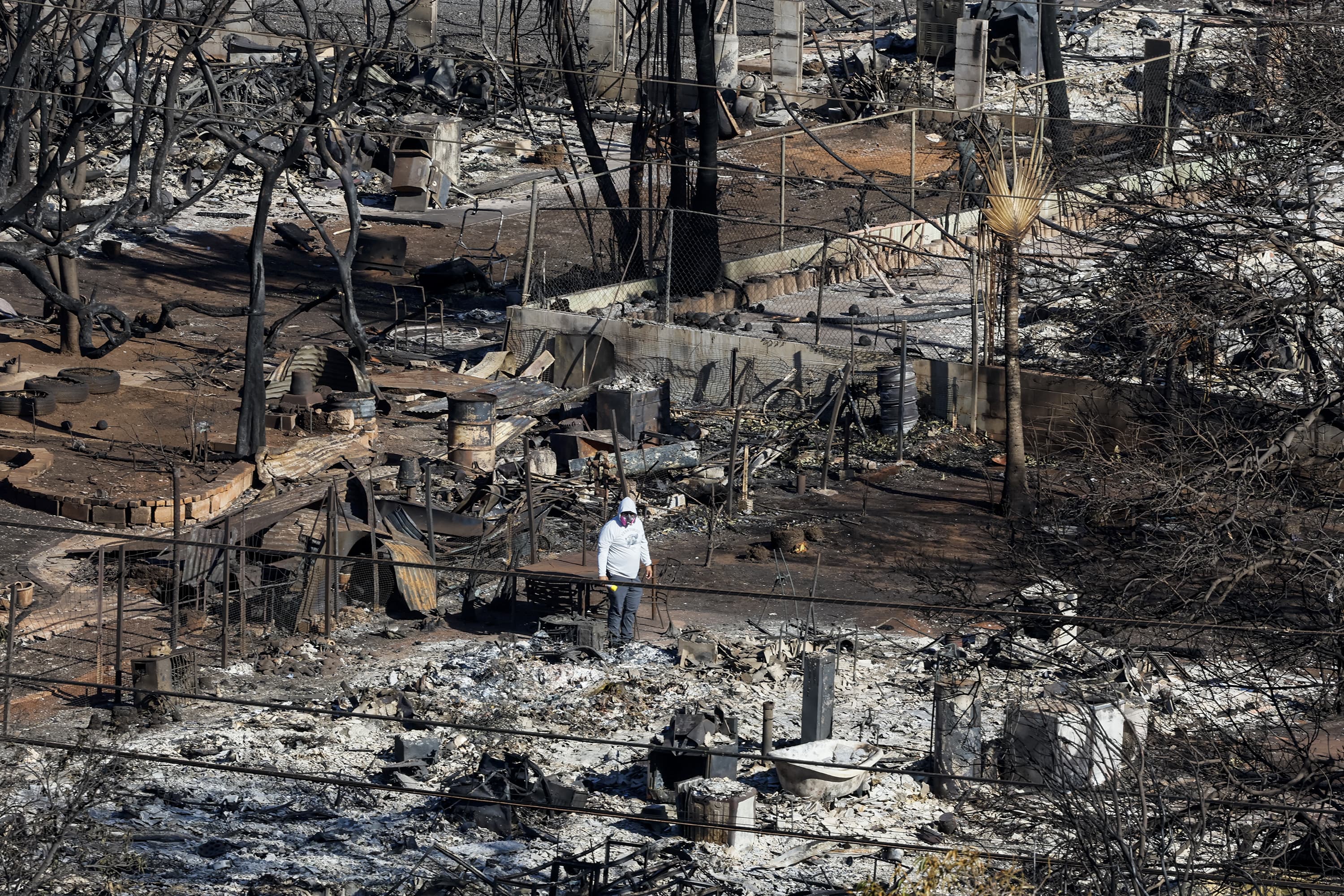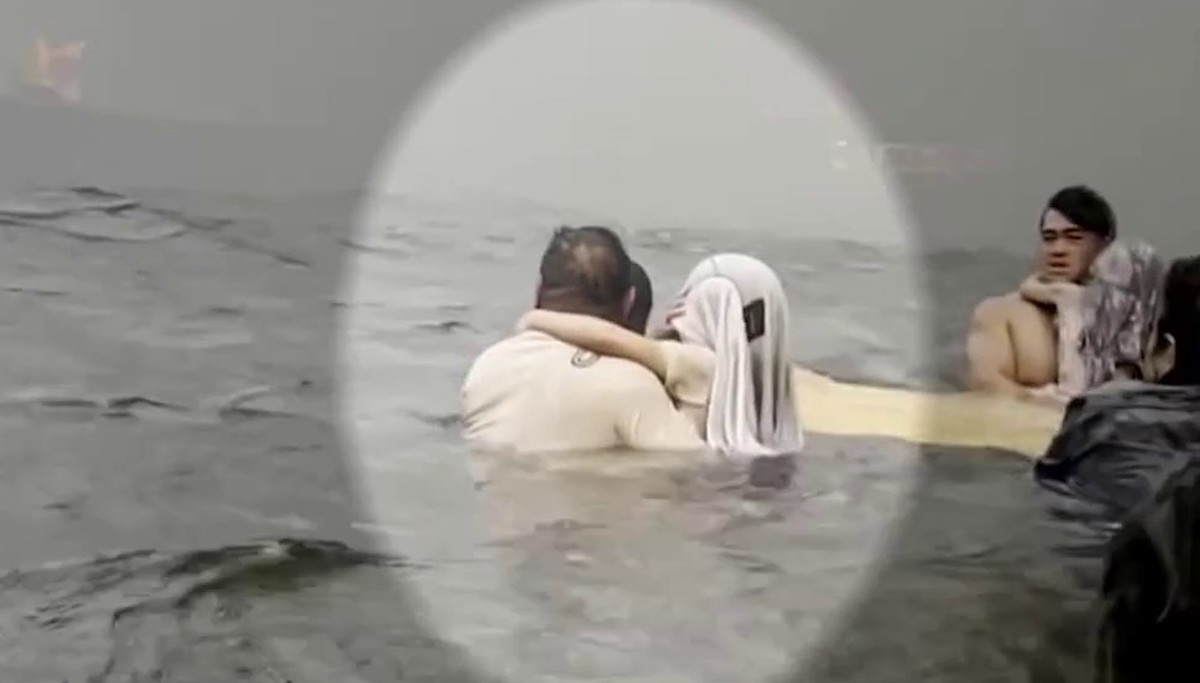
The wildfires that devastated Maui left residents rushing to help their neighbors with food, water, fuel and other desperately needed essentials.
Volunteers are distributing supplies to survivors as they wait for more official aid to arrive. Some groups are raising money for relief efforts, others are giving out food and other necessities or helping people and their pets.
The Maui fires are the deadliest in the U.S. in the last 100 years, and the death toll is still rising. Maui’s remote location has made the need for support even more dire.
Here are some organizations that are providing assistance. As always, experts recommend making sure a charity is legitimate before you donate and choosing groups that are well-established. You can find information about them on GuideStar and Charity Navigator.
Get Tri-state area news delivered to your inbox.> Sign up for NBC New York's News Headlines newsletter.
The Council for Native Hawaiian Advancement is matching donations of up to $1.5 million and says that 100% of the proceeds will go to Maui organizations supporting relief efforts. It also provides a list of needed goods, including baby supplies, first aid, bedding and blankets and other items.
The Hawaii Community Foundation is seeking monetary donations for the Maui Strong Fund. Again 100% of the money will go toward community needs.
Maui United Way is seeking donations for fire disaster relief. It says it will provide direct relief to families and nonprofits affected by the fire.
GoFundMe has set up a page of Maui fire relief fundraisers that its team has verified. The fundraisers are for families and individuals who lost their homes and other belongings in the fire or who were otherwise affected. GoFundMe will add more fundraisers as they are verified.
The Maui Food Bank is looking for monetary donations as well donations of food and other supplies.
The Maui Humane Society is seeking donations as it rescues pets and provides pet supplies and emergency kits to shelters so that people and pets can stay together. Veterinarians and other professionals are volunteering at the shelters and other spots. Katie Shannon, the society's director of marketing and communications, said the most useful thing people on the continental U.S. can do is to give money. To help the Maui shelter, visit Clearthesheltersfund.org and search “Maui.”
The American Red Cross is raising money for its relief efforts. More than 200 of its trained disaster workers — from Maui, other Hawaiian islands and elsewhere in the country — are helping and others are on their way, it says. It has opened shelters, has been providing disaster supplies to evacuees and will begin distributing relief supplies in the hardest hit areas when it is able.
Mercy Chefs, a Virginia-based organizations, is offering chef-prepared meals to residents, first responders and volunteers. It has served thousands of meals prepared with local fresh ingredients since arriving on Aug. 10. It is partnering with Citizen Church Maui and King’s Cathedral Maui.
Jose Andres’ World Central Kitchen also is on the ground in Maui providing food and water to evacuated residents, first responders and tourists. World Center Kitchen typically activates a network of local restaurants, food trucks and emergency kitchens.
CORE or Community Organized Relief Effort is distributing cash assistance to those most affected by the wildfires for immediate needs. It is assessing how it can help community-based organizations providing critical relief with a focus on identifying long-term recovery.
The Center for Disaster Philanthropy has launched a new fund for the Maui wildfires relief. It will support mid- to long-term recovery in Maui and other islands that are affected. It says its focus, as usual, will be to provide grants to local organizations that support marginalized people to work toward an equitable recovery.
It suggests considering the support of local organizations that have flexible funding, that work to prevent or minimize the effects of future disasters, that promote practices for mitigating wildfires and droughts and living with climate change and support the economic recovery of small, locally owned and culturally relevant businesses.



